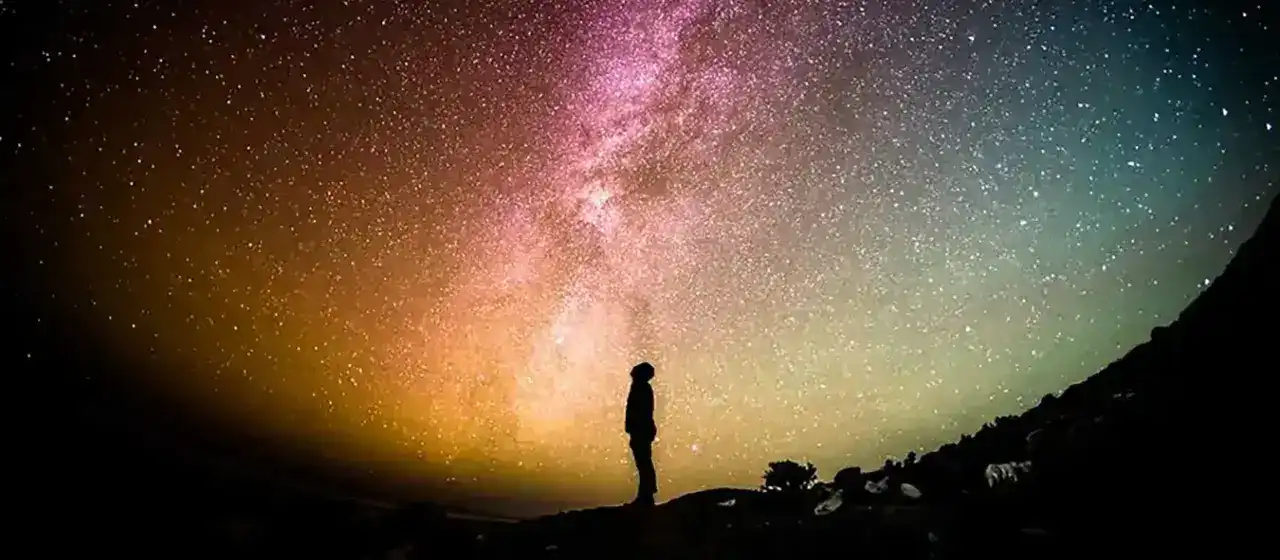
Unveiling the Depths of Creation: An Exposition of Genesis 1:1
Introduction
Genesis 1:1 stands as the threshold to the entire biblical narrative, setting the stage for the foundational understanding of creation. A hermeneutically sound exposition of this verse requires delving into its original context, linguistic nuances, and theological implications. As we explore this verse, we uncover profound insights into God’s creative act and His sovereignty over the cosmos.
Contextual Foundation
The book of Genesis serves as an introduction to the Bible, offering an account of the origins of the world, humanity, and the covenantal relationship between God and His creation. Genesis 1:1 serves as the opening declaration, setting the framework for the subsequent narrative.
Linguistic Exploration
The verse opens with the phrase: “In the beginning, God created the heavens and the earth.” Each element in this phrase holds significant theological weight.
“In the beginning” (Bereshit): The Hebrew word “bereshit” denotes the commencement of time and existence. This phrase establishes that the narrative is not confined within time but transcends to the dawn of creation itself. It affirms God’s existence before all things and His role as the architect of time and space.
“God” (Elohim): The term “Elohim” refers to the divine Creator who is powerful, majestic, and transcendent. It emphasizes God’s sovereignty over all that exists. The plural form of “Elohim” suggests the complexity and fullness of the divine nature, alluding to the triune Godhead.
“Created” (Bara): The Hebrew word “bara” signifies a unique act of creation out of nothing. This verb is used exclusively for God’s creative activities, highlighting His omnipotence and creativity. It portrays God as the source and sustainer of all existence.
“The heavens and the earth”: This comprehensive phrase encompasses the entirety of the cosmos—both the celestial realms and the terrestrial domain. It underscores God’s sovereignty over all realms and the unity of creation under His dominion.
Theological Insights
Monotheism and Creation: Genesis 1:1 establishes monotheism—the belief in one God—as the foundation of biblical faith. It refutes polytheistic notions by asserting that God alone is the creator of the cosmos. This verse stands as a timeless rebuttal to any worldview that deifies the elements of creation.
Divine Transcendence: The phrase “In the beginning, God created” highlights God’s transcendent nature. He existed before creation and initiated it with His divine will. This sets God apart from His creation, emphasizing that He is not bound by time, space, or matter.
Creation Ex Nihilo: The term “bara” confirms the biblical concept of creation ex nihilo, meaning creation out of nothing. God’s creative act reveals His limitless power and authority to bring forth existence from void. This counters any notion of a pre-existing substance from which the world was fashioned.
Theological Unity: “The heavens and the earth” underscores the unity of God’s creative work. There is no dualism or rivalry between the spiritual and material realms. God’s creation reflects His unified design and purpose.
Application and Implications
Worship and Awe: Genesis 1:1 calls us to approach God with reverence and awe. Recognizing Him as the sovereign Creator prompts a sense of worship for His wisdom and power displayed in creation.
Environmental Stewardship: The understanding that God created the heavens and the earth emphasizes our responsibility to care for and steward the environment. Creation reflects God’s glory and should be treated with respect.
Foundational Theology: This verse forms the basis for core theological truths, such as God’s existence, His role as Creator, and the nature of His relationship with creation. It is pivotal to understanding the biblical narrative as a whole.
Conclusion
Genesis 1:1 serves as a theological anchor that not only introduces the biblical narrative but also unveils profound truths about God’s nature, His creative power, and His sovereignty over all that exists. A hermeneutically sound exposition reveals layers of meaning that resonate throughout Scripture and have far-reaching implications for our understanding of God, creation, and our place within His grand design. This foundational verse calls us to worship, stewardship, and a deep appreciation for the divine tapestry of existence.



